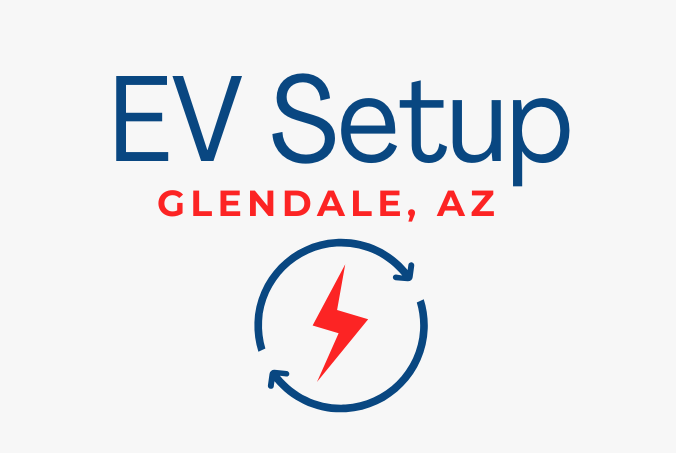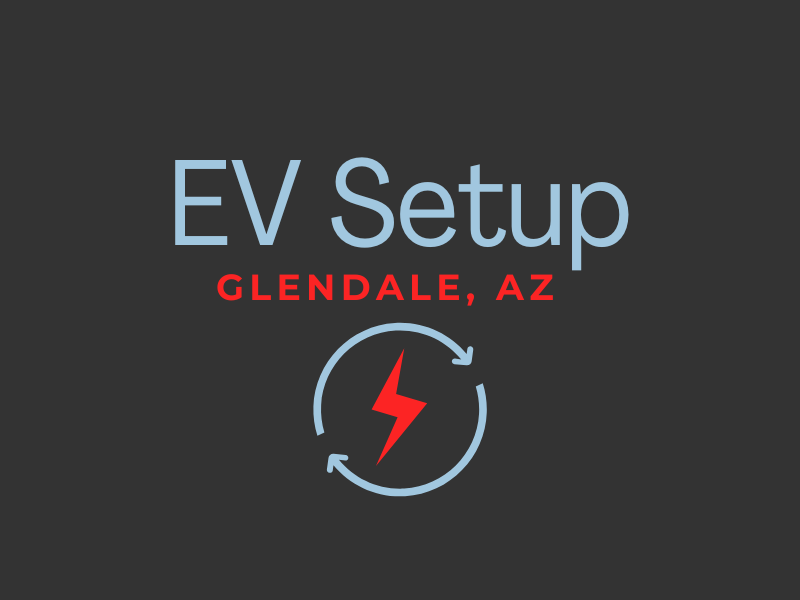Benefits of Solar-Powered EV Charger Installation in Chandler, AZ: Why It Matters for Sustainable Energy and Cost Savings
As we transition to a more sustainable future, the integration of solar power with electric vehicle (EV) charging solutions offers significant advantages, particularly in Chandler, AZ. Installing a solar-powered EV charger not only ensures that our vehicles are charged using clean, renewable energy, but it also allows us to take control of our energy consumption and costs. By harnessing the sun's energy for our EV charging needs, we can reduce our reliance on traditional power sources and lower our carbon footprint.
In Chandler, we benefit from an abundance of sunshine, making solar energy an ideal choice for powering our electric vehicles. The investment in a solar-powered EV charger can lead to substantial savings over time, as utility costs decrease and we take advantage of various local incentives and rebates. This synergy between solar energy and electric vehicles promotes a greener lifestyle while enhancing the convenience of charging at home.
Moreover, with advancements in solar technology, the reliability and efficiency of solar-powered chargers have improved significantly. This means we can enjoy the convenience of charging our electric vehicles anytime while contributing to a more sustainable energy ecosystem. Embracing this combination positions us at the forefront of innovative energy solutions in our community.
Advantages of Solar-Powered EV Charging Stations
Solar-powered EV charging stations present numerous benefits that appeal to both environmental and economic interests. By integrating renewable energy, these stations contribute to sustainability while reducing costs associated with traditional power sources.
Sustainability and Renewable Energy Synergy
Utilizing solar energy for EV charging significantly enhances our sustainability efforts. Solar panels installed on rooftops convert sunlight into electricity, powering our electric vehicles with clean energy. This reduces dependence on fossil fuels, which is crucial in fighting climate change.
Moreover, combining solar energy with electric vehicles creates a synergistic effect. While EVs reduce emissions on the road, solar-powered charging stations ensure that the energy used is just as eco-friendly. This dual focus on clean energy helps us contribute to a greener future.
Cost-Savings and Financial Incentives
The financial benefits of solar-powered EV charging are compelling. The decreasing costs of solar installation coupled with various incentives make this option appealing. Homeowners can take advantage of the federal tax credit for solar photovoltaics, which significantly reduces the overall installation cost.
Additionally, using solar power for our charging stations can lower electricity expenses. When we compare the per-unit cost of solar energy to traditional grid electricity, the savings become evident. Level 2 EV chargers powered by solar can lead to substantial long-term energy savings.
Energy Independence and Grid Stabilization
By employing solar energy, we enhance our energy independence. This shift reduces our reliance on the grid and minimizes the impact of fluctuations in electricity prices. It also lessens the strain on traditional power sources, which is particularly beneficial during peak usage times.
Furthermore, solar-powered charging stations contribute to grid stabilization. With battery storage systems, any excess energy generated can be stored and used during high-demand periods. This not only enhances our energy security but also supports a more resilient energy infrastructure within Chandler, Gilbert, and Tempe, AZ.
Implementation and Installation Best Practices
When installing solar-powered EV chargers, our focus should be on selecting the right solar systems and ensuring professional installation. Both aspects are crucial for maximizing efficiency and meeting our energy needs.
Selecting Optimal Solar Systems for EV Charging
Choosing the right solar system involves analyzing our specific charging needs. We must consider the capacity required to power our EVs based on daily usage and compare that with the power generated by solar modules.
Key factors include:
- Location and shading: Chandler experiences abundant sunlight, making it ideal for solar investments. We need to assess shading from trees or structures that may affect solar output.
- System size: A typical solar system should align with our energy consumption habits. For instance, systems generating between 5 to 10 kW are common, depending on the number of vehicles and driving distances.
- Inverter selection: Choosing a high-quality inverter is vital for converting solar energy efficiently. We can examine options for string inverters versus microinverters for optimal performance.
Professional Installation and Quality Workmanship
Engaging qualified solar installers is essential for maximizing the longevity and efficiency of our chargers. Professional installation not only adheres to local building codes but also ensures that the system functions correctly from the start.
Considerations include:
- Experience and certification: Selecting installers with experience in solar technology guarantees they understand the nuances of our specific needs.
- Regular maintenance: After installation, ongoing maintenance is crucial. Professionals can identify any operational issues early, ensuring our system runs efficiently.
By emphasizing quality workmanship, we can avoid future issues and maximize our solar-powered EV charging station's performance and durability.

